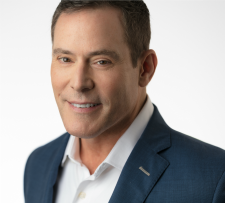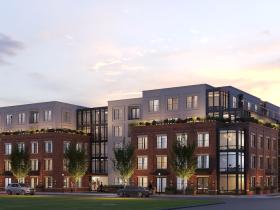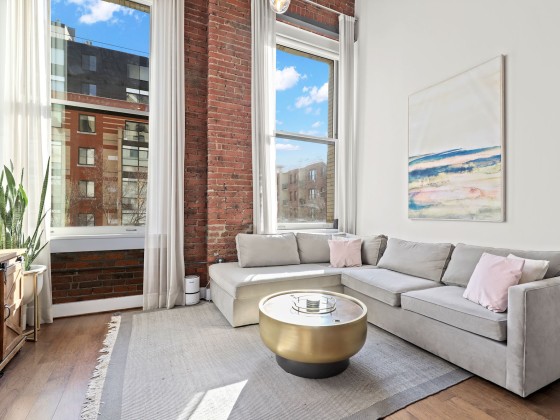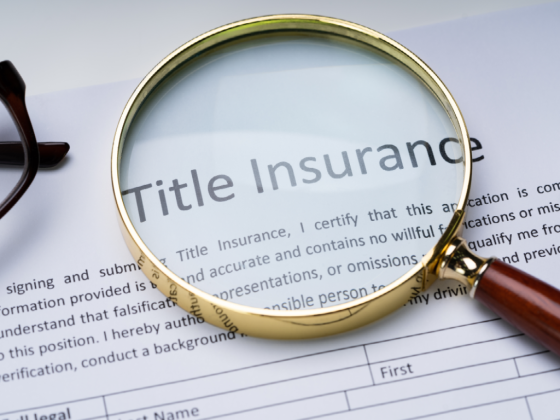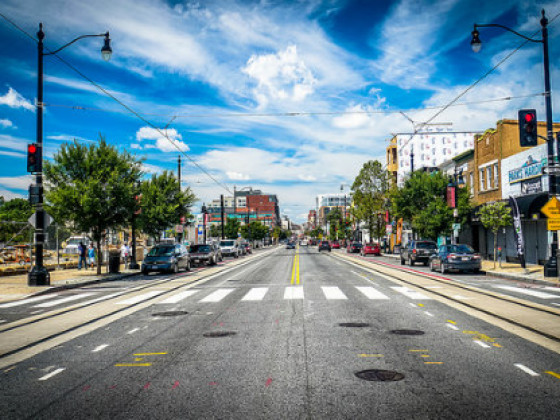 Tips About Buying A Foreclosed Property
Tips About Buying A Foreclosed Property
✉️ Want to forward this article? Click here.
(This article is the second in a series of pieces about different aspects of the foreclosure crisis, and how they affect you. Our first piece focused on how to avoid foreclosure altogether.)
When prospective buyers scan property listings looking for a new home, they usually skip right over the foreclosure section. The general perception is that foreclosed properties are in such poor shape that they are not even worth looking at.
However, foreclosures can be very good buys if the right property comes along. Buyers just need to be willing to put in some work.
“You can get a discount in the range of 15 to 20 percent off the asking price if you do your homework,” Kenn Blagburn of Fairfax Realty told Urban Turf. “However, the banks also do their homework.”
For most of the properties that they repossess, banks get broker price opinions (BPOs) which essentially means that they ask brokers familiar with the area what they think the home is worth, and list it as such. So, while there are deals out there, don’t expect to get a property for half price.
Another important thing to keep in mind is that the banks are not going to make any repairs or upgrades to the property to entice buyers.
“I had a client that had a contract with the bank pending for five months because they wanted a water heater put in and the bank would not do it,” Blagburn said. “When they say ‘as is,’ that is exactly what they mean.”
Two things that will help you immensely when buying a foreclosed property are a good credit score and having a large amount of cash on hand. In fact, just meeting one of the above requirements can put you in good stead.
“I think having a good credit score is more important than having a good percentage of the down payment covered,” Kent Fowler told UrbanTurf. “Four months ago, a client of mine bought a foreclosed home with a good credit score, but not very much money down and still got a great deal.”
Fowler, an agent for Senate Realty, told UrbanTurf that there are not nearly as many properties in foreclosure in DC proper as there are twenty miles or so outside the city. Far-out suburbs like Prince William County, which the Washington Post recently dubbed a “ring of fire,” have been the epicenter of the foreclosure crisis in this area. But if you put in the time, you can strike gold in the District.
“A young couple that I worked with was looking at a foreclosed property about three blocks from the Convention Center that was listed for $630,000,” Fowler said. ”The place was completely restored, brand new everything, and the former owners just couldn’t make the payments. We made an offer at $540,000 that was accepted. A few months later, the house was appraised for $730,000.”
As you head out looking for a comparable diamond in the rough, here are some other things to remember:
- Be Wary of Foreclosure-Listing Websites – While they give you a wide range of the foreclosures on the market, these sites charge exorbitant fees for using their services.
- Look in Neighborhoods with Investment Potential – Do research and learn what the property values are for the neighborhoods you are looking in. Neighborhoods on the rise or those where the housing market is resilient are better options than those with bleak outlooks. For example, Shaw might be a better neighborhood to look in than Trinidad.
- Do Research and Be Patient – Buying a home that is in foreclosure can be a long process, so patience and perseverance are critical. “Due diligence on the buyer’s part is extremely important,” Mika told UrbanTurf. “And so is patience because banks are not the most responsive institutions.”
See other articles related to: credit score, down payment, investment properties
This article originally published at https://dc.urbanturf.com/articles/blog/tips_about_buying_a_foreclosed_property/131.
Most Popular... This Week • Last 30 Days • Ever

While homeowners must typically appeal by April 1st, new owners can also appeal.... read »
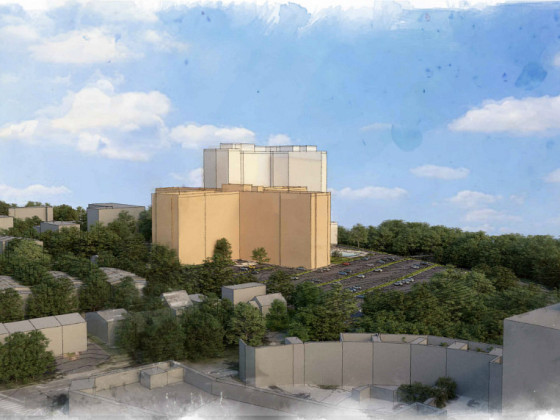
A significant infill development is taking shape in Arlington, where Caruthers Proper... read »
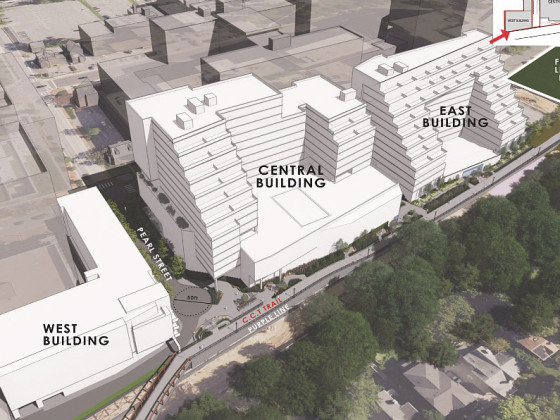
A new mixed-use development would bring hundreds of new residential units and a healt... read »

A residential conversion in Brookland that will include reimagining a former bowling ... read »
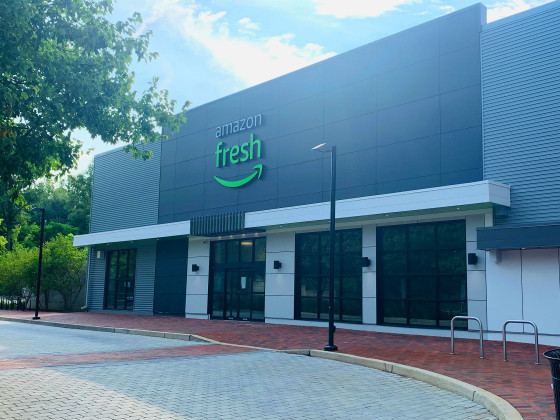
After years of experimenting with its branded brick-and-mortar grocery concepts, Amaz... read »
DC Real Estate Guides
Short guides to navigating the DC-area real estate market
We've collected all our helpful guides for buying, selling and renting in and around Washington, DC in one place. Start browsing below!
First-Timer Primers
Intro guides for first-time home buyers
Unique Spaces
Awesome and unusual real estate from across the DC Metro


